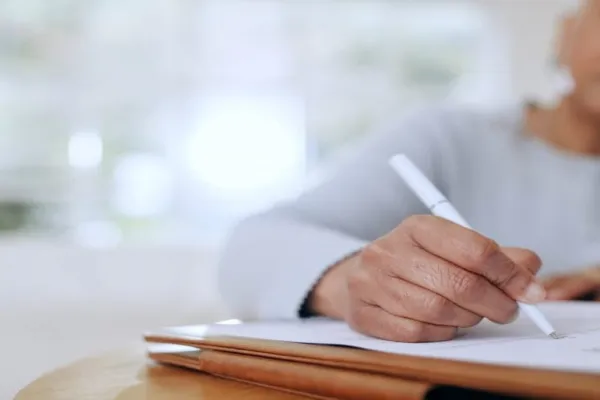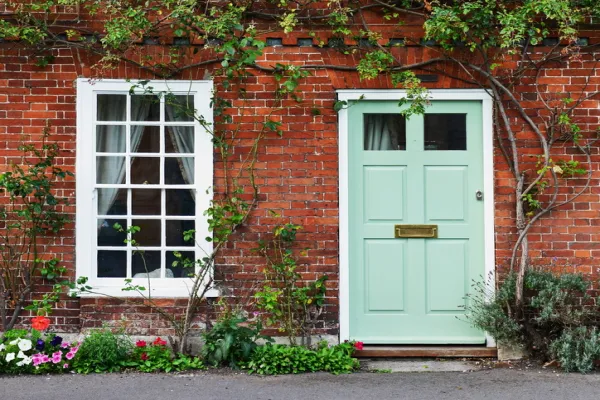Inheriting a property can be difficult.
It adds admin and duties to your life at a difficult time.
Part of this is valuing the inherited property so you pay the correct inheritance tax.
So, what factors influence the value of an inherited house?
Let’s take a look.
1. Historical sold prices in the area
A valuer will consider recent sold prices for similar properties nearby.
This indicates how much the property is worth, i.e., what people are willing to pay. And it also gives you guidance on the market conditions.
It’s not easy to find an identical property to yours. Several similar houses may thus be averaged to reach a figure.
2. Condition of the house
Your property’s condition is an important detail.
It will plummet in value with significant structural damage or a hole in the roof, for example.
Initially, the condition is usually assessed as part of regular evaluations.
However, later on, surveys take a deeper look at it (these sometimes include a property condition report).
3. Market conditions
The housing market changes all the time. The time of year and economic conditions influence what the market is doing.
This will be assessed at the time you get your inherited house valued. Is it a buyer’s market or a seller’s market? And what are interest rates like?
This all influences what people will pay for your house.
4. Location
Like with any property, your location is crucial. It includes, in order of importance:
- Region
- County
- Street
- House position.
Many factors determine whether or not your location is considered ‘desirable’, such as:
- Crime rate
- Proximity to schools
- Parking spaces
- Risk of flooding
- Local transport links.
And more.
These are just a few of the dozens of considerations.
Some factors can even cancel one another out.
For example, if there is a lot of noise in your part of town, it decreases your house value. But if you’re close to a train station, it increases it.
5. Features
If the previous owner(s) lived there for several decades, whether they ‘updated’ makes a big difference.
Like your inherited house’s location, dozens of features can impact its value. Examples include:
- Ensuite bathrooms
- Newly fitted kitchen
- The size of your garden
- Period features.
Some of these features are more valuable and/or desirable than others. An expert valuer will consider all of these.
They may also think about where these sorts of features could be implemented, but have not been done so yet.
Or if there is not enough space.
6. Recent refurbishments or extensions
Refurbishments and/or extensions to the property will usually increase its value.
Especially if the job is done well and the square footage is increased. Houses with more square footage are valued higher.
So, adding an extension or putting in a loft conversion will increase value.
By contrast, if a recent change has been poorly done and created other associated problems in the house, this is a negative.
If the changes can’t be undone, that’s even worse.
7. Existing planning permissions for extensions
You should find out whether planning permission has been obtained. This might be for:
- Extensions
- Adding new buildings on the land (i.e., an annexe)
- Aesthetic changes
- Conversions inside the house.
If it has, then that boosts your property value. New buyers don’t need to use this option, but they can if they want to.
Conversely, if your property has been denied planning permission, its value will be negatively impacted.
It may prevent any new owners from carrying out the changes they desire.
8. Any issues
This subject covers a wide range of possibilities. A conveyancer will help to discover these.
Some prominent examples include:
- Short lease length
- Peeling paint
- Plumbing and electrical issues
- Lack of curb appeal
- Shared driveway.
Your valuer should give you guidance on what these issues are. You can then consider rectifying them, where appropriate.
Remember that sometimes fixing these problems is more expensive than the amount they negatively affect your price.
Thus, choose which alterations to make and which to leave.
















